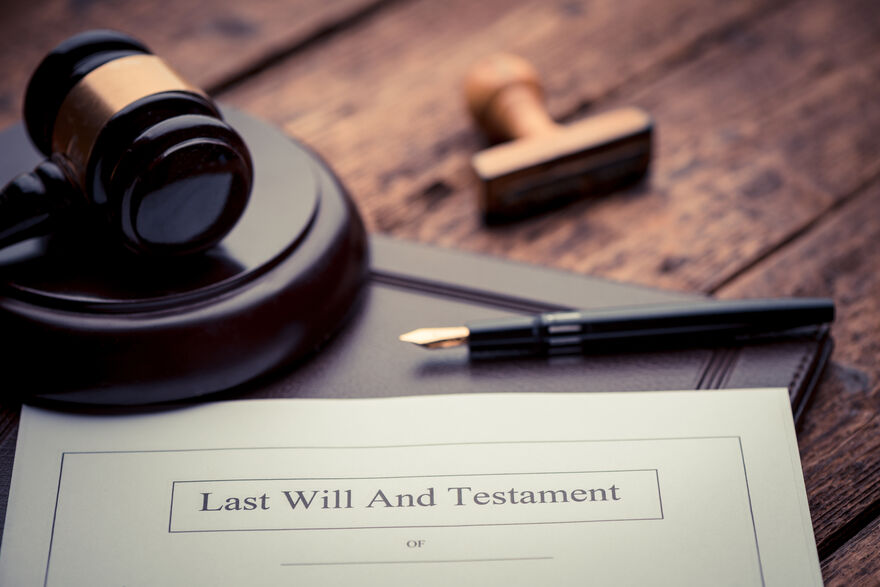A recent BBC investigation has revealed an alarming trend; organised gangs are exploiting the probate system to fraudulently lodge Wills and steal millions from deceased’s estates.
In the first case investigated by the BBC, two sisters in the south of England expected to inherit their Aunt’s Wimbledon home after being identified as beneficiaries via the Bona Vacantia register, until a stranger produced a fake 2016 Will naming himself as the sole beneficiary. Despite the glaring red flags such as the deceased being incapacitated and housebound by 2016, the claim sailed through the probate process unchallenged and with the police refusing to investigate.
In another case, a forged Will even attempted to transfer an unrelated property in Hertfordshire. Upon investigation it seemed this unrelated property was derelict, and professionals believe the fraudster will use the Will and Grant of Probate as leverage to take ownership of this property when the real owner now aged in her 70s dies.
Investigators have uncovered a broader pattern by the same criminal network, who systematically trawl through the Bona Vacantia register and forge Wills of individuals who died without them. These counterfeit documents mimic legitimate Wills and undergo little scrutiny. Handwriting experts have also identified common authorship across multiple forgeries, from signature style to numeric writing.
What is the Bona Vacantia register?
When someone passes away without leaving a valid Will and no known next of kin, their estate does not simply vanish, it falls to the crown. These estates are recorded on what is known as the Bona Vacantia register, which Is Latin for “ownerless goods”.
This register exists to ensure that estates aren’t misappropriated and that relatives, however distant have the opportunity to claim what may be lawfully theirs.
In some cases, like the ones investigated by the BBC, professional genealogists often referred to as “heir hunters” research and locate possible beneficiaries from names on the Bona Vacantia register.
Why is the fraud happening?
Since the digitalisation of the probate services crucial human oversight has disappeared, removing the previous safeguards. There has been the argument that this shift prioritised efficiency over security. With the system now vulnerable to exploitation as shown by the BBC, growing concern exists around undetected fraud and the potentional loss of estates on a vast scale.
Despite the mounting evidence, state authorities have taken little action. The ministry of Justice has said it will be working with the police, but victims continue to face immense legal costs to untangle the fraud.
Thankfully the investigation by the BBC has meant that the bank accounts for dozens of companies connected to the fraudsters, have been suspended. It has also highlighted the possible Inheritance Tax fraud being committed by these individuals who are undervaluing estates to obtain probate. It has been noted that HMRC are also conducting their own investigations.
Overall, the BBC article underscores the critical importance of having a valid Will in place and ensuring that your loved ones know where it is kept or which solicitor has assisted in its preparation.
The information on this site about legal matters is provided as a general guide only. Although we try to ensure that all of the information on this site is accurate and up to date, this cannot be guaranteed. The information on this site should not be relied upon or construed as constituting legal advice and Howes Percival LLP disclaims liability in relation to its use. You should seek appropriate legal advice before taking or refraining from taking any action.

